Meta Shares Jump 14% on Q1 Beat

Meta Platforms (NASDAQ:META) shares surged nearly 14% today after the company reported its Q1 earnings results, with EPS coming in at $2.20, beating the Street estimate of $2.02. Revenue was $28.65 billion, better than the Street estimate of $27.61 billion.
Family daily active people and Family monthly active people grew 5% year-over-year to 3.02 billion, and 3.81 billion, respectively. The company expects Q2/23 revenue to be in the range of $29.5-32 billion, compared to the Street estimate of $29.5 billion.
RBC Capital analysts believe further upside from here is still achievable on engagement share gains and ongoing conversion improvement eventually will lead to incremental spend. The analysts raised their price target to $285 from $225 while maintaining their Outperform rating.
| Symbol | Price | %chg |
|---|---|---|
| 035420.KS | 267500 | 0 |
| 035720.KS | 62100 | 0 |
| 0700.HK | 651.5 | 0 |
| 80700.HK | 597 | 0 |
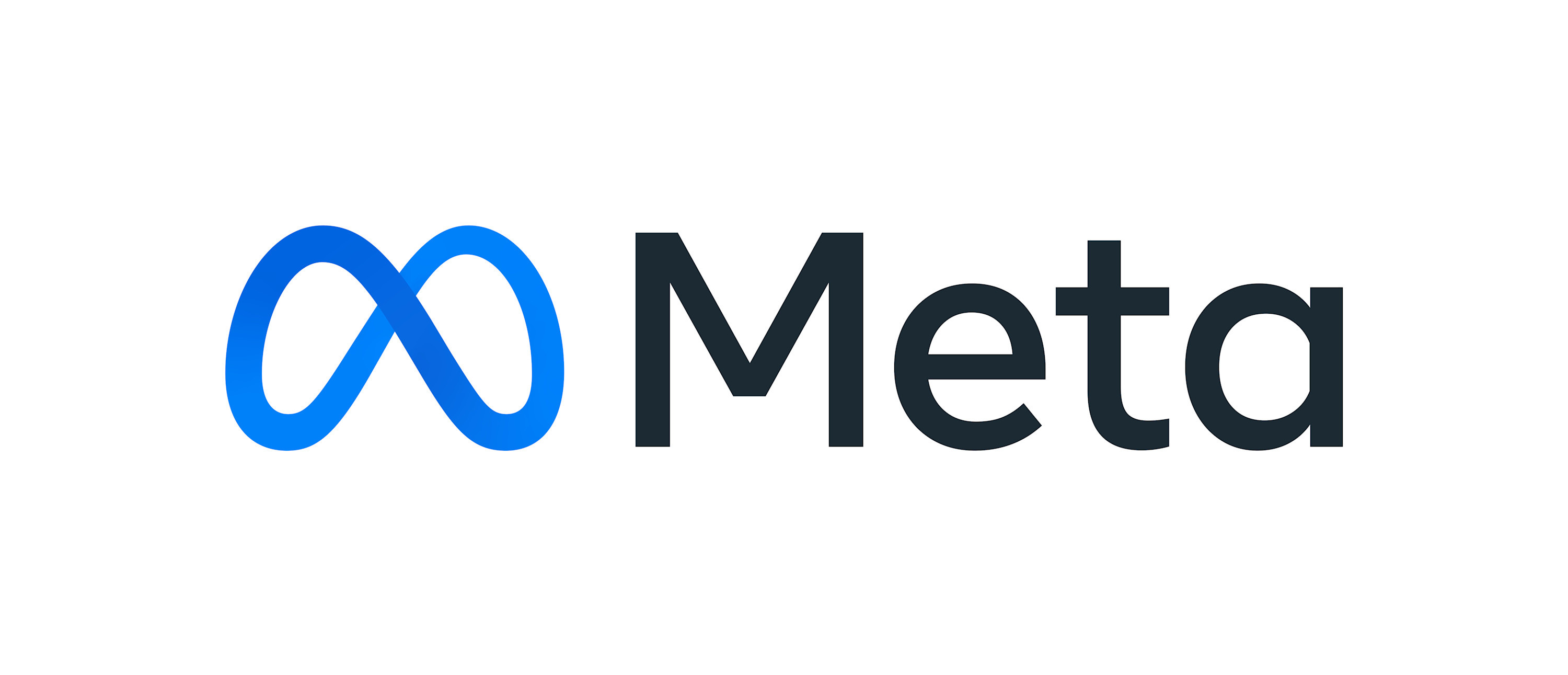
Truist Financial Sets High Price Target for Meta Platforms (NASDAQ:META)
- Truist Financial has set a price target of $880 for Meta Platforms (NASDAQ:META), indicating a potential increase of about 13.89%.
- Meta Platforms is expanding into wearable technology with the launch of $799 Ray-Ban smart glasses, aiming to replace traditional smartphones.
- The new AI-powered Meta Ray-Ban Display glasses feature a built-in screen for displaying text messages, video calls, and more, showcasing Meta's push into innovative consumer technology.
On September 18, 2025, Truist Financial set a price target of $880 for Meta Platforms (NASDAQ:META). At the time, META's stock was priced at $772.66, suggesting a potential increase of about 13.89% to reach the target. Truist Financial is optimistic about Meta's long-term growth, as highlighted by TheFly. This optimism is partly driven by Meta's innovative product launches.
Meta Platforms, known for its social media services, is expanding into wearable technology with the introduction of $799 Ray-Ban smart glasses. These glasses, equipped with a screen, aim to replace traditional smartphones by integrating advanced AI features. This move is part of Meta's strategy to push the boundaries of consumer technology, competing with giants like Google and Apple.
The new AI-powered smart glasses, called the Meta Ray-Ban Display, were unveiled by CEO Mark Zuckerberg. They feature a built-in screen for displaying text messages, video calls, and more. The glasses are designed for short interactions, allowing users to stay in control. Each pair includes the Meta Neural Band, an EMG wristband that translates muscle signals into commands.
Following the announcement of the smart glasses, META's stock saw a rise in premarket trading. The glasses will be available at EssilorLuxottica's stores, Best Buy, and select Verizon outlets. This development also positively impacted EssilorLuxottica's shares, which increased by approximately 1.6%, reaching $324.73 (€274.50).
Currently, META's stock price on NASDAQ is around $786.21, reflecting an increase of about 1.35% or $10.50. The stock has fluctuated between $773.36 and $788.05 during the day. Over the past year, META's stock has reached a high of $796.25 and a low of $479.80. The company's market capitalization is approximately $1.98 trillion, with a trading volume of 3,319,494 shares.
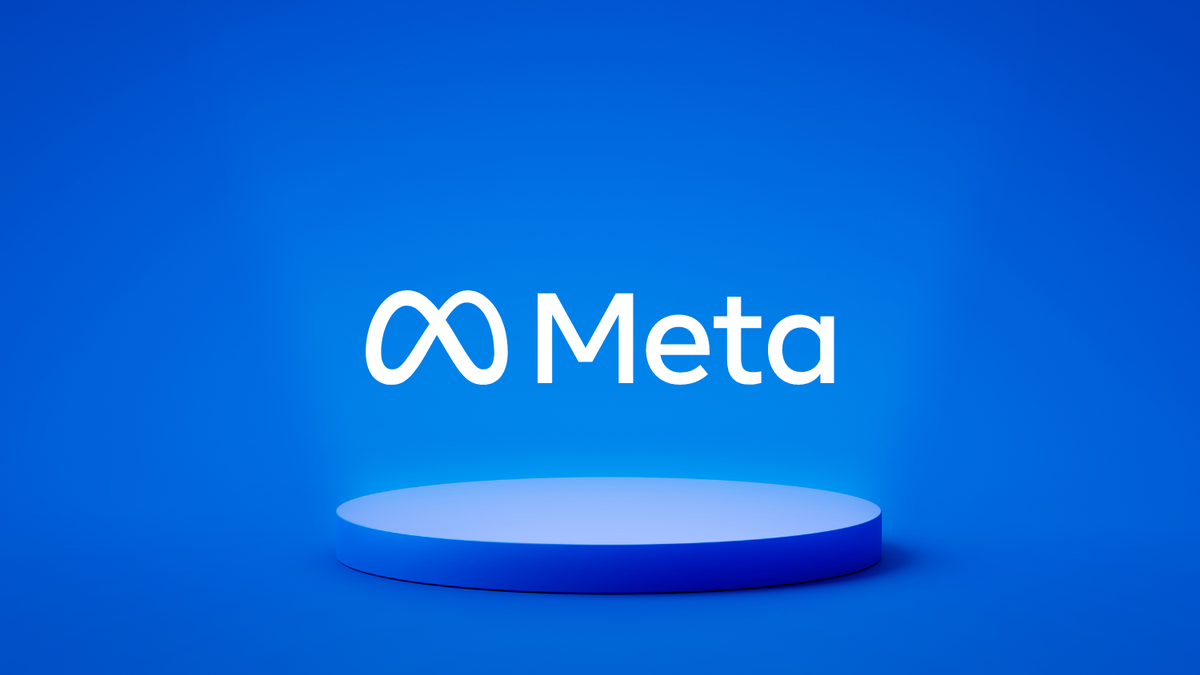
Meta Shares Surge 12% As Ad Revenue Beats And AI Investment Gains Momentum
Meta Platforms (NASDAQ:META) shares soared roughly 12% Thursday after the company posted stronger-than-expected second-quarter results, boosted by robust ad sales and growing optimism over its AI initiatives.
Revenue rose 22% year-over-year to $47.5 billion, while net income reached $18.3 billion, both beating Wall Street expectations. Analysts noted an 11% rise in ad impressions and a 9% increase in ad pricing as key drivers of the performance.
Family daily active users across Meta platforms, including Instagram and WhatsApp, also increased during the period.
For the third quarter, Meta forecasted revenue growth of 17% to 24% versus the same period last year, while warning of tougher comparisons in Q4.
Capital expenditures for 2025 are now projected at $66 billion to $72 billion, slightly raised from previous guidance, with early 2026 spending estimated around $100 billion. Analysts expect 2026 capex at $80 billion.
CEO Mark Zuckerberg reaffirmed AI as a strategic focus, highlighting its impact on advertising and user engagement. Meta recently acquired Scale AI for $14 billion and has expanded its AI research team to accelerate innovation.
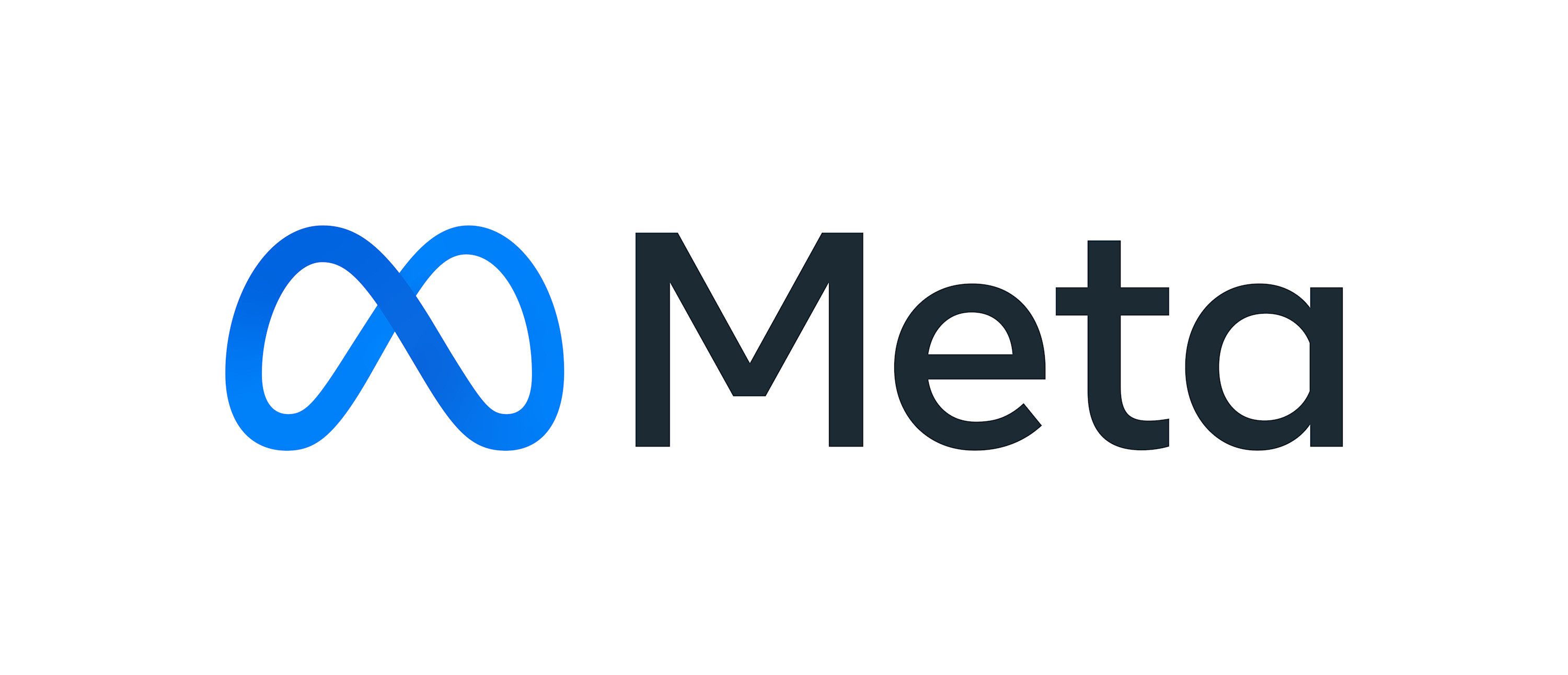
Meta Platforms, Inc. (NASDAQ:META) Maintains Strong Position Amid AI Investments
- Morgan Stanley maintains an "Overweight" rating for NASDAQ:META, raising its price target from $750 to $850.
- META's stock price surged to $781.37, reflecting a 12.39% increase, driven by investor optimism towards the company's AI investments.
- The company's market capitalization reaches approximately $1.96 trillion, indicating its dominant position in the tech industry.
Meta Platforms, Inc. (NASDAQ:META) is a leading technology company known for its social media platforms, including Facebook, Instagram, and WhatsApp. The company is also heavily investing in artificial intelligence (AI) and virtual reality (VR) technologies. Meta competes with other tech giants like Microsoft, Google, and Apple in the AI and digital advertising space.
On July 31, 2025, Morgan Stanley maintained an "Overweight" rating for NASDAQ:META, indicating a positive outlook on the stock. At that time, META's stock price was $695.21. Morgan Stanley also raised its price target for Meta from $750 to $850, as highlighted by TheFly, suggesting confidence in the company's future performance.
Following the release of strong earnings reports, META's stock price surged to $781.37, marking an increase of $86.16 or 12.39%. This rise reflects investor optimism, driven by Meta's significant investments in AI infrastructure. The company plans to continue spending billions in capital expenditures to enhance its AI capabilities, aligning with its long-term growth strategy.
META's stock has traded between $766.01 and $784.57 today, nearing its 52-week high of $784.70. The stock's 52-week low was $450.80, indicating substantial growth over the past year. With a market capitalization of approximately $1.96 trillion, Meta remains a dominant player in the tech industry.
Today's trading volume for NASDAQ:META on the NASDAQ is 14.54 million shares, showing strong investor interest. As Meta continues to invest in AI and expand its technological capabilities, the company's stock performance remains a focal point for investors and analysts alike.
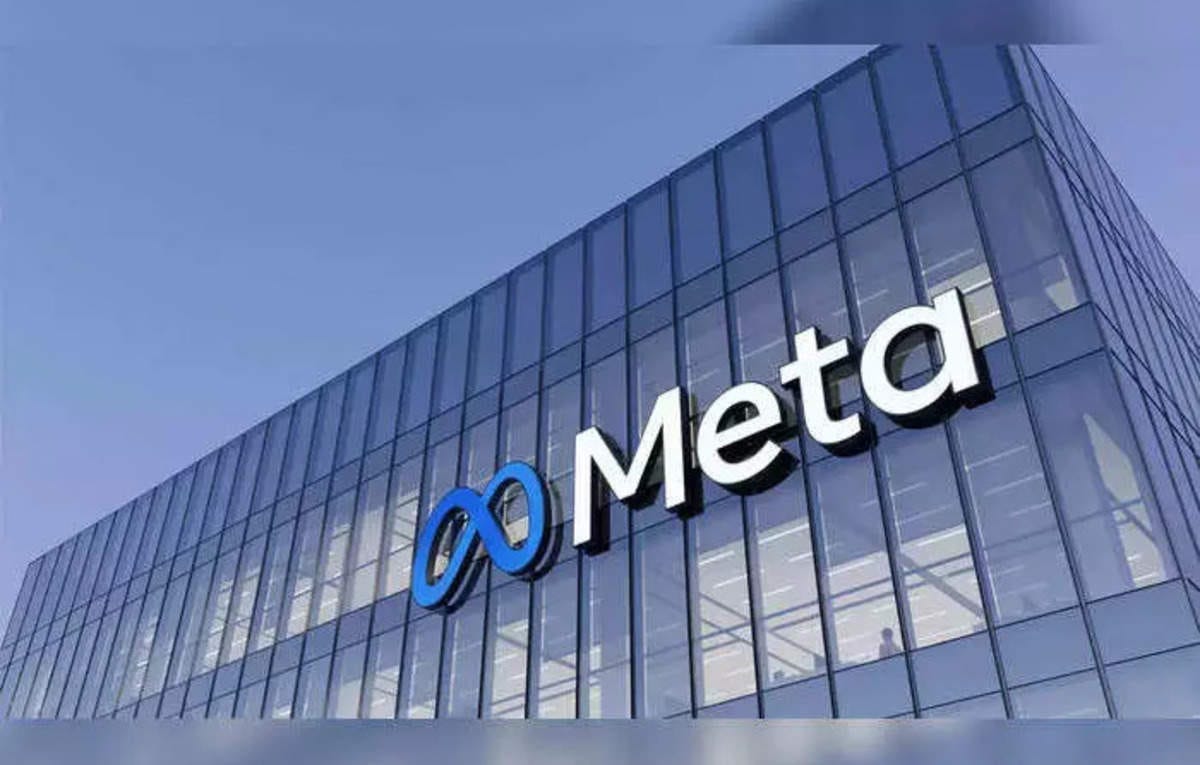
Meta Platforms, Inc. (NASDAQ:META) Sees Positive Analyst Sentiment and Growth in AI Investments
- The consensus price target for Meta Platforms, Inc. (NASDAQ:META) has risen from $658 to $850, indicating increased analyst confidence.
- Meta's core advertising business shows strong performance, with significant investments in AI and the Reality Labs segment.
- The stock has experienced a 22% increase this year, buoyed by positive financial results and its AI strategy.
Meta Platforms, Inc. (NASDAQ:META), formerly known as Facebook, is a leading figure in the social media and technology sectors. It operates through two main segments: Family of Apps, which includes Facebook, Instagram, Messenger, and WhatsApp, and Reality Labs, focusing on augmented and virtual reality technologies. These platforms connect users worldwide, while Reality Labs aims to enhance this connectivity through innovative solutions.
The consensus price target for Meta has seen a significant increase over the past year, rising from $658 to $850. This uptick reflects growing analyst confidence in Meta's business strategy and its potential for growth. The stable price target over the last month and quarter suggests a consistent outlook on the company's performance, possibly due to ongoing strategic initiatives.
Recent earnings reports from Meta highlight a strong performance in its core advertising business, driven by increased user engagement. Additionally, the company is investing heavily in its Reality Labs segment, which is expected to drive future growth. As highlighted by CNBC, Meta's investments in AI are a focal point, with CEO Mark Zuckerberg's comments on aggressive hiring in AI drawing investor attention.
The Nasdaq Composite is experiencing a surge, partly due to a new US-EU trade agreement reducing tariffs to 15%. This development has positively impacted Meta, which is among the "Magnificent 7" tech companies set to release earnings. Investors are keenly observing Meta's efforts to monetize AI investments, particularly through advertising.
Meta's stock has risen by 22% this year, driven by robust financial results and positive sentiment regarding its AI strategy. As part of the "Magnificent Seven" stocks, Meta has shown strong performance compared to its peers. Analyst Stephen Ju from Credit Suisse has set a price target of $180 for Meta, indicating expectations for the company's near-term performance.

Needham Upgrades Meta to Hold, Cites Estimate Upside but Flags Valuation and Structural Risks
Needham upgraded Meta Platforms (NASDAQ:META) to Hold from Underperform, citing recent channel checks that point to potential upside in its estimates and highlighting Meta’s exceptional labor productivity driven by its highly scalable, software-only economic model.
The firm noted Meta’s unique advantages—including not paying for content, leveraging mobile device ecosystems, and offering closed-loop attribution for advertisers—which together enable industry-leading efficiency. However, Needham stopped short of a Buy rating, remaining cautious due to several concerns: Meta’s sprawling strategy could dilute focus and waste capital; structural pressures on margins and free cash flow; high stock-based compensation per employee, which could lead to understated labor costs and dilution; and significant ongoing regulatory risks.
Needham also pointed to investor sentiment, observing that roughly 90% of analysts covering Meta have Buy or Strong Buy ratings, suggesting to the firm that the stock is likely over-owned and limiting further upside. The upgrade reflects acknowledgment of Meta’s near-term estimate strength, but the Hold rating signals skepticism about sustained long-term outperformance given these headwinds.

Meta Doubles Down on AI With $14.3B Scale AI Deal, Citi Sees Long-Term Upside
Citi is maintaining its bullish stance on Meta Platforms (NASDAQ:META), reiterating a Buy rating and a $690 price target following the tech giant’s $14.3 billion investment in Scale AI. The deal grants Meta a 49% stake in the artificial intelligence firm, valuing Scale AI at $29 billion based on projected 2026 revenues of around $4 billion—a valuation roughly 7 times enterprise value to sales.
This strategic move deepens Meta’s commitment to AI innovation. As part of the agreement, Scale AI’s CEO Alexandr Wang will join Meta’s newly formed superintelligence team, although he will remain on Scale’s board. Jason Droege, formerly Chief Strategy Officer, will serve as interim CEO at Scale.
The investment is expected to accelerate Meta’s development of foundational AI technologies and large language models, particularly as it works to bring its next-generation Llama 4 model to market. The initiative aligns with Meta’s broader revamp of its AI leadership and its ambition to create a foundational AI operating system.
With over a billion monthly active users for Meta AI, enhanced recommendation systems, and improving engagement and conversion rates, Citi sees Meta as well-positioned to lead in the AI race. The Scale AI partnership is viewed as a strategic lever that could significantly amplify Meta’s long-term capabilities in the space.
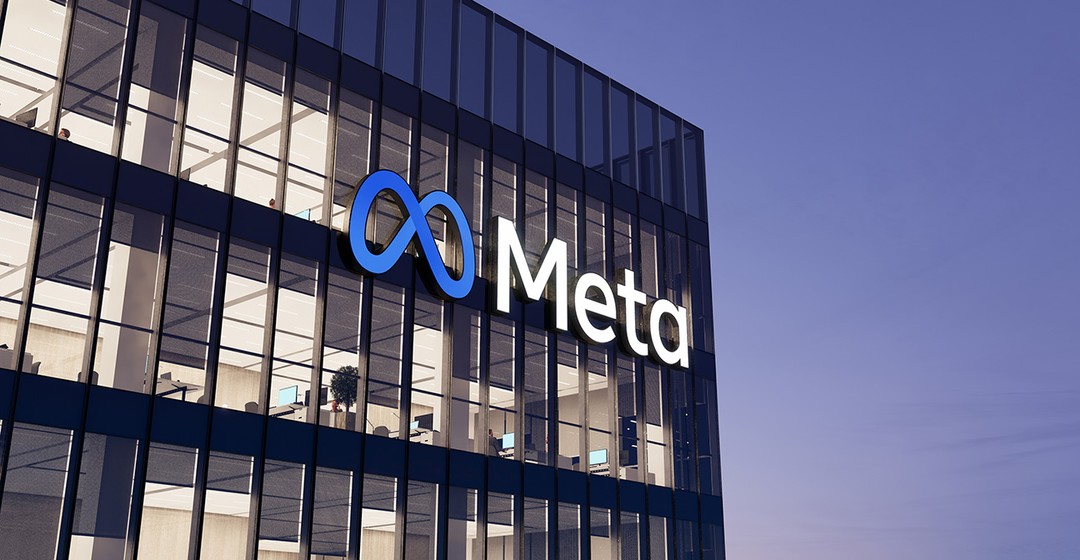
Loop Capital Slashes Meta Target on Ad Weakness Fears, Maintains Buy Ahead of Q1 Report
Loop Capital lowered its price target on Meta Platforms (NASDAQ:META) from $900 to $695 while maintaining a Buy rating, citing concerns about weakening ad pricing pressure ahead of the company’s first-quarter earnings report, scheduled to be released on Wednesday.
The firm expects Meta to deliver solid Q1 results but warns that management may offer a softer second-quarter outlook. A key issue is the pullback by Chinese cross-border advertisers, who have been scaling back spending in the U.S. due to changes around the de minimis exemption and new tariff pressures. Since Meta is a primary channel for customer acquisition, the drop in aggressive Chinese ad spending is reducing bidding competition and dragging down overall ad prices.
Loop Capital estimates that about 40% of the revenue associated with this previously high-spending cohort could be lost, though some of that impact may be offset as ad inventory shifts to the next-highest bidders. Adding to the challenge, consumer engagement metrics like click-through and conversion rates have been weakening, which could force further budget reductions from performance marketers if the trend continues.
The analysts now project Meta will guide second-quarter revenue to between $40.5 billion and $43.0 billion, slightly below the current consensus of $43.9 billion. While lower than previous expectations, they believe this guidance could still be better than the market currently fears.
Despite the near-term pressures, Loop Capital continues to see upside for Meta longer term, justifying the maintained Buy rating even as caution grows around short-term advertising dynamics.







